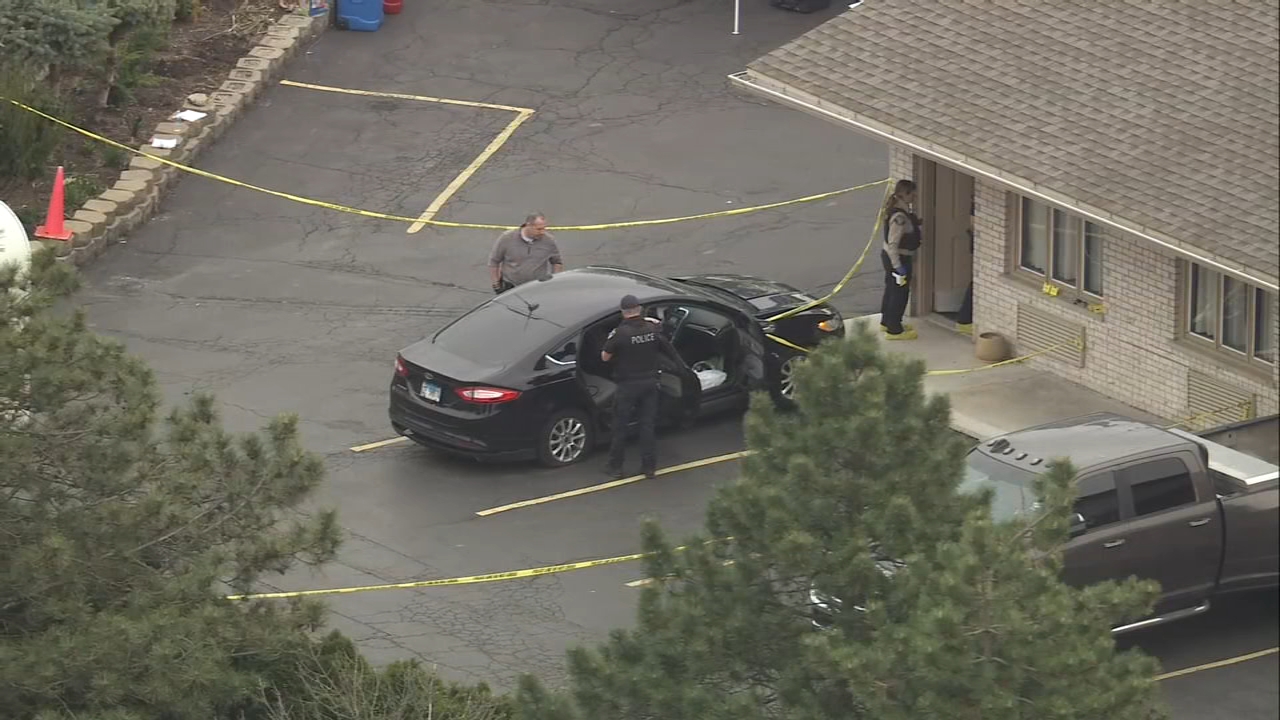I-Team: Fighting the text phishers

CHICAGO (WLS) -- The ABC7 I-Team investigated those annoying text messages that are designed to get your money or your account numbers. Experts estimate that about 200 million of those texts are sent out, every day.
It's known as text phishing or SMS phishing: texts you get on your phone from mysterious numbers asking you to click on a link, make a call, or give up personal information. Here's what you can do to catch those "phishers."
Most of us get several texts a day from our family and friends, but what happens when you get one of these? "I have a secure deal worth $47.1 million for you to handle" or "Call us, you've won a three-day cruise."
"I would love a cruise, I would click on a cruise," said Kristen Harbour.
Messaging security experts and the Federal Trade Commission say the majority of those so called "cruise deal" texts are coming from Florida.
"These are typically going to places doing high pressure time share and you may not get the free or cheap cruise you thought you were going to get," said Neil Cook, Cloudmark.
Cloudmark is a company used by several mobile providers to fight phishing and spamming. It's a huge problem with up to 200 million phish texts getting blasted to the world from America.
In fact, Cloudmark research shows that phishing attempts accounted for 55 percent of text messages in the U.S. in January of 2014.
"They are usually quite small operations because you don't need much equipment to send a lot of spam," said Cook.
The No. 1 attack is from companies posing as your bank, saying they need your check or credit card numbers to "reactivate" your account.
"It's a nuisance and one that I have to deal with a little too much," said Josh Rodriguez.
"You think it's someone reaching out to you so you check it or interrupt what you're doing, and it ends up being some kind of a scam," said Michael Donelly.
When you get a phishing text, experts say you should: never reply, never call the number back and never click on the web links. If you do any of those things, you'll get even more texts.
"I did click on it one time but it led me to nowhere, so I know not to do it again," said Ivy Mueller-Tate.
You can report the text to the FTC's website or text the info to 7726 or "SPAM." The number was set up by an organization that represents mobile operators all over the world.
"The operators can work with people like the FTC to shut down and find the people sending these," said Cook.
The FTC says it's illegal to send unsolicited commercial messages to wireless devices.
Another way you can reduce text spam is to stop giving out your number. Every time you enter a sweepstakes or give your cell number out for a membership, there is a chance your number can be sold. That's how experts believe many of these spammers get your number to begin with.
Additional information:
FTC on text Phishers: http://www.consumer.ftc.gov/articles/0350-text-message-spam
Helpful app to report text spam: http://www.privacystar.com/
Info on text phishing: https://www.cloudmark.com/en





